Neutrophils are a type of white cell and one of the most essential components of the human immune system. The role of these cells includes fighting infections, healing injuries, and responding to foreign bodies such as fungi and bacteria.
Neutrophils are the most common type of white blood cells (leukocytes) in the human body. There are three types of leucocytes: monocytes, granulocytes, and lymphocytes. Neutrophils are classified as a subset of granulocytes.
Together with other white blood cells, neutrophils form the first line of defense against tissue damage and infections. If such dangers arise, the number of leucocytes increases to solve the problem quickly and efficiently.
Neutrophils keep us from harm by digesting, blocking, and disabling foreign bodies, a potential threat to the human body. They are body scouts performing a never-ending reconnaissance to neutralize dangers or repair tissue damage.
Like any experienced investigation team, neutrophils communicate with each other to respond to threats more efficiently, focusing efforts where they are needed the most.
However, to perform its tasks properly, a neutrophil white blood cell must first undergo basic training, which takes place in bone marrow. Typically, the number of neutrophils produced in bone marrow accounts for 50-70% of all white blood cells. Including all types, the bloodstream of a healthy adult contains 4,000–11,000 white blood cells per millimeter cubed (mm3)![]() .
.
After leucocytes are born and undergo training, they join the immune system and start the actual work. The body's response to neutrophils in action can manifest as an inflammation (swelling), which occurs when tissues are repaired. However, unlike some other types of white blood cells, the scope of work of neutrophils is much larger. They are not restricted to a specific area in the human body but can travel freely through the veins to reach tissues that require immediate attention. Whether there are pathogens to neutralize or damage to repair, neutrophils will travel to that specific spot and get to work.
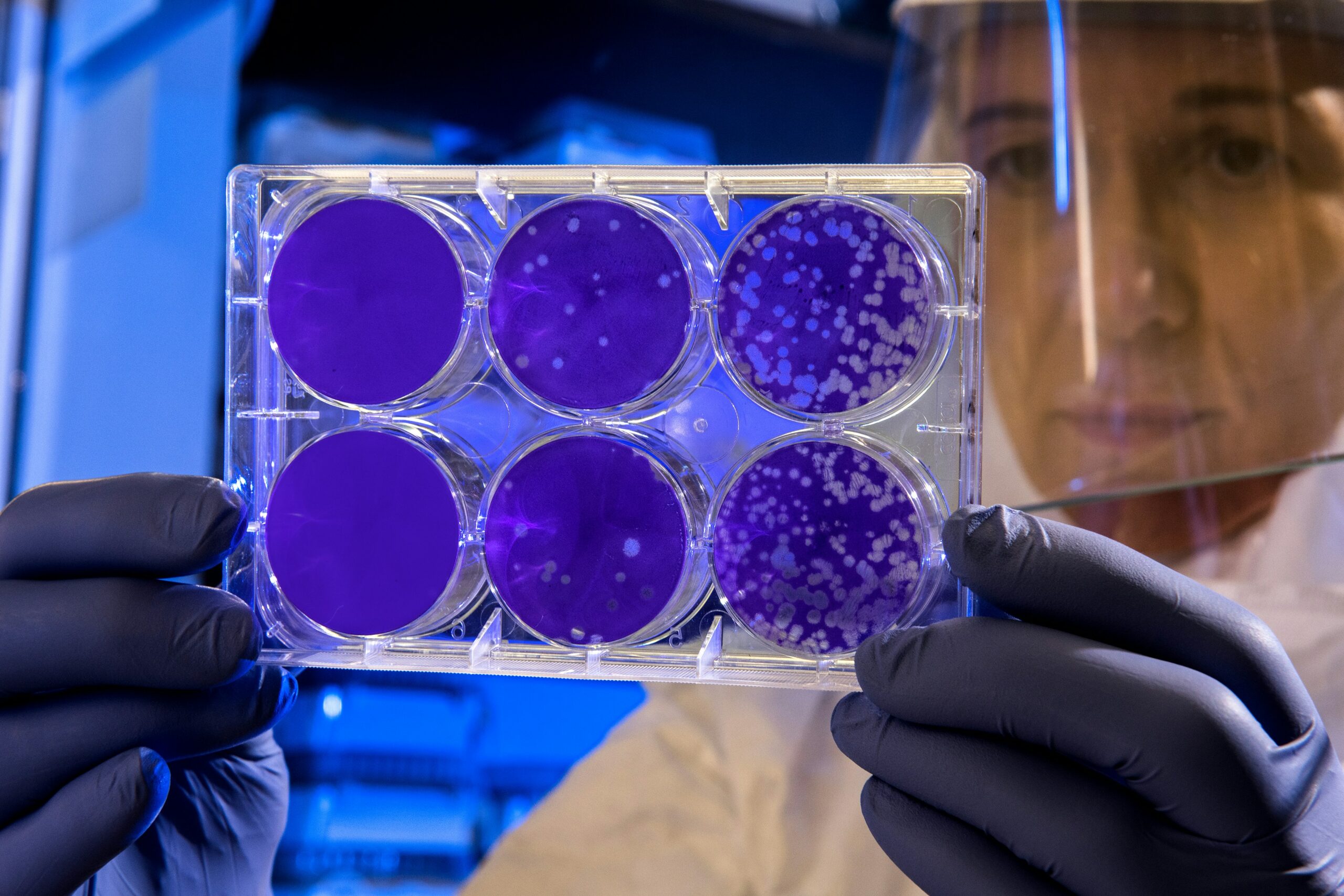
The number of neutrophils may be both too high or too low. It happens for many reasons, including cancers, infections, certain medicines, and disorders.
Typically, the number of neutrophils in the human body is kept within an optimal range, which accounts for 2,500 and 7,000 neutrophils per microliter of blood![]() for a healthy adult. The number of neutrophils below 2,500 per microliter of blood is referred to as neutropenia (low level of neutrophils). But if that number exceeds 7,000, it puts you at risk of developing neutrophilia (high level of neutrophils).
for a healthy adult. The number of neutrophils below 2,500 per microliter of blood is referred to as neutropenia (low level of neutrophils). But if that number exceeds 7,000, it puts you at risk of developing neutrophilia (high level of neutrophils).
Doctors refer to a low level of neutrophils as neutropenia. This may happen if a body uses immune cells faster than it produces in bone marrow.
A low count of neutrophils per microliter of blood increases the risk of infection. Even bacteria that normally do not pose a threat can lead to health issues if there are insufficient white blood cells to neutralize them.
Numerous factors may cause a low count of neutrophils. The most often observed culprits include the following:
Types of cancers targeting bone marrow can lower the number of white blood cells produced. Cancers such as leukemia, myeloma, and lymphoma can particularly cause neutropenia. Moreover, treatments for cancers can have a similar effect. Chemotherapy and radiation can result in a lower count of neutrophils. Fortunately, this is a well-known side-effect of cancer treatment, so it is taken into consideration by healthcare professionals.
Neutropenia, which is caused by medicines, is referred to as drug-induced neutropenia. Many drugs are associated with lower production of neutrophils. This side effect often occurs within six months of taking a specific medicine. Neutropenia usually goes away within one week after quitting a drug that led to this condition.
Medicines that may cause neutropenia include the following:
Infections that may cause neutropenia include:
Specific disorders are also linked to neutropenia. These usually include:
Some other factors and health conditions that affect the production of neutrophils in bone marrow are as follows:

An abnormally high level of neutrophils is called neutrophilia or neutrophilic leukocytosis. In normal circumstances, the count of white blood cells increases during infections or injuries. However, it may also be caused by many reasons, including medicines, cancers, certain health conditions, and infections. Some of the most common causes of neutrophils include the following:
Infection is the most likely to increase the production of leukocytes. The human body often responds with more neutrophils to bacterial and viral infections. However, it does not typically result in neutrophilia. In some cases, it may occur in the early stages of infections.
Some fungal and parasitic infections have also been linked to neutrophilia. But regardless of its origin, neutrophilia may lead to health issues if it does not go away early enough.
Some types of cancer may result in an abnormal neutrophil count. These particularly include:
Neutrophilia may occur as a side effect when taking specific medicines. These include:
Health conditions that cause inflammation may lead to neutrophilia. Examples of such conditions include:
The risk of developing neutrophilia increases due to several additional factors:
Symptoms of low neutrophil count include bacterial infections that affect the skin, gums, sinuses, mouth, and infernal organs. Some people do not experience any issues due to neutropenia. However, you should contact your healthcare provider if you experience the following health issues to determine if your white blood cell count is correct:
The high number of neutrophils in the human body does not typically cause health issues. If bone marrow releases more neutrophils than it should, it is a sign of an underlying condition that is a true culprit behind health issues. In such a scenario, you may experience the following symptoms:
It is crucial to contact a healthcare professional as soon as possible after experiencing health issues associated with neutropenia or neutrophilia. Many possible culprits alter the production of white blood cells, so the sooner you get diagnosed, the sooner you can start an adequate treatment, lowering the risk of serious complications.
Tests that check the count of neutrophils in blood include complete blood count (CBC), absolute neutrophil count (ANC), and bone marrow biopsy. Your healthcare provider will decide which methods work best for your case.
Treatment for neutropenia and neutrophilia depends on the severity of symptoms, which is usually linked to how low or high the cell count is. More abnormal values mean a higher risk of infection, inflammation, and health complications.
Recurrent bacterial infections due to low neutrophil count can be treated with antibiotics. However, if it is a drug that causes neutropenia, in your case, a healthcare provider may decide to replace it with another medication.
To increase the count of white blood cells in your blood, your healthcare provider may prescribe medicines that boost the functionality of neutrophils and increase their number.
The essential steps of neutropenia treatment are also tests ordered by your doctor. Many factors may affect the production of cells in bone marrow. Only after finding those can the treatment plan be adjusted accordingly.
Treatment strategies used for people with neutrophilia depend highly on underlying conditions that lead to abnormally high counts of neutrophils. Your healthcare provider won't be able to prescribe you any medications that eliminate neutrophilia. Instead, they may order several tests to determine what causes higher white cell count.
In some cases, drugs are responsible for neutrophilia. In such a scenario, you may need to stop taking certain medicines or use alternative drugs.
With neutropenia, you are at a higher risk of developing infection. Consider the following precautions to guard yourself against health issues due to neutropenia:
It's essential to remember that these tips are general recommendations, and individual situations may vary. Always consult your healthcare provider for advice tailored to your needs and circumstances.

Neutrophils are reliable white blood cells integral to the immune system. They combat infections, heal injuries, and respond to foreign bodies. They are produced in the bone marrow, constituting 50-70% of all white blood cells. Neutrophils act as body scouts, freely navigating the bloodstream to neutralize threats or repair tissue damage.
Low neutrophil levels, called neutropenia, can be caused by cancers, medications, infections, or disorders. Certain drugs may lead to drug-induced neutropenia. Risk factors also include vitamin B12 deficiency, toxins, and congenital neutropenia.
Conversely, high neutrophil levels, known as neutrophilia, may result from infections, cancers (leukemia, lymphoma), medications (antiepileptics, corticosteroids), or inflammatory conditions. Smoking, obesity, stress, and accidents can elevate neutrophil counts.
Diagnosis involves tests like complete blood count (CBC), absolute neutrophil count (ANC), and bone marrow biopsy. Treatment depends on severity and usually involves antibiotics to address infections and drugs to stimulate neutrophil production. Neutrophilia treatment, on the other hand, focuses on treating underlying causes or discontinuation of triggering medications.
Some preventive measures for neutropenia include basic hygiene practices, avoiding crowded places, staying updated on vaccinations, doing regular check-ups, and avoiding sharing personal hygiene items.
Table of Contents

Aplastic anemia is an uncommon blood condition where the bone marrow works improperly. Get to know the ways to identify… read more »
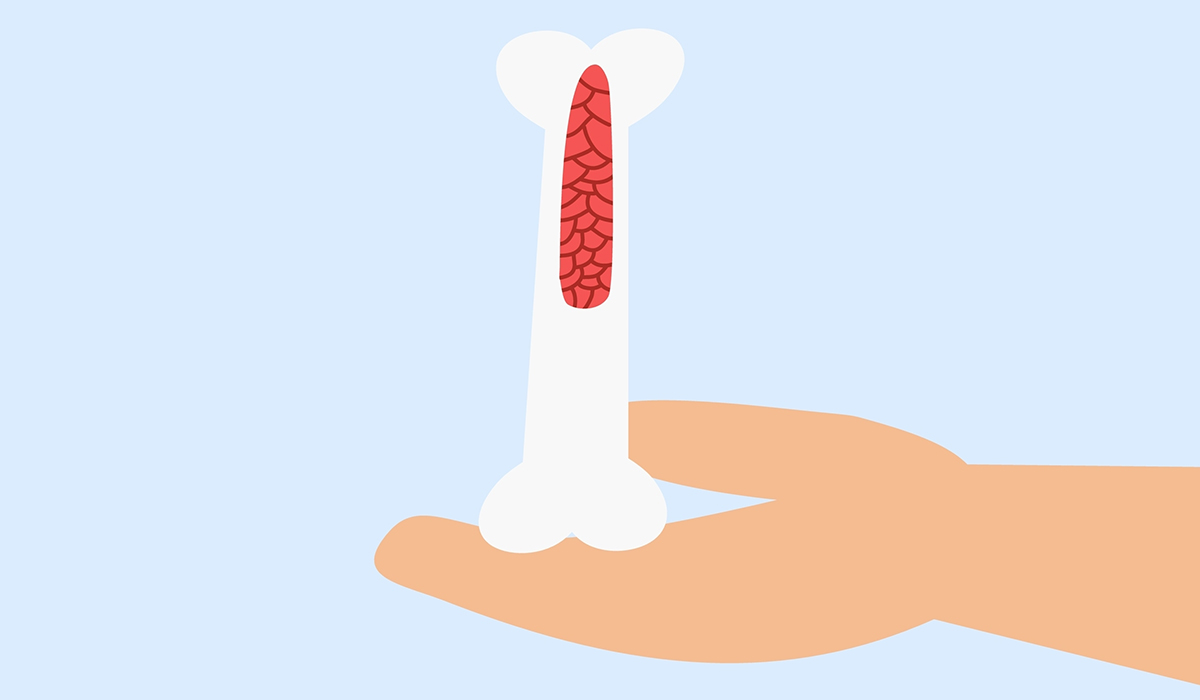
The bone marrow is an important part of the human body. Learn to recognise diseases that can occur when the… read more »
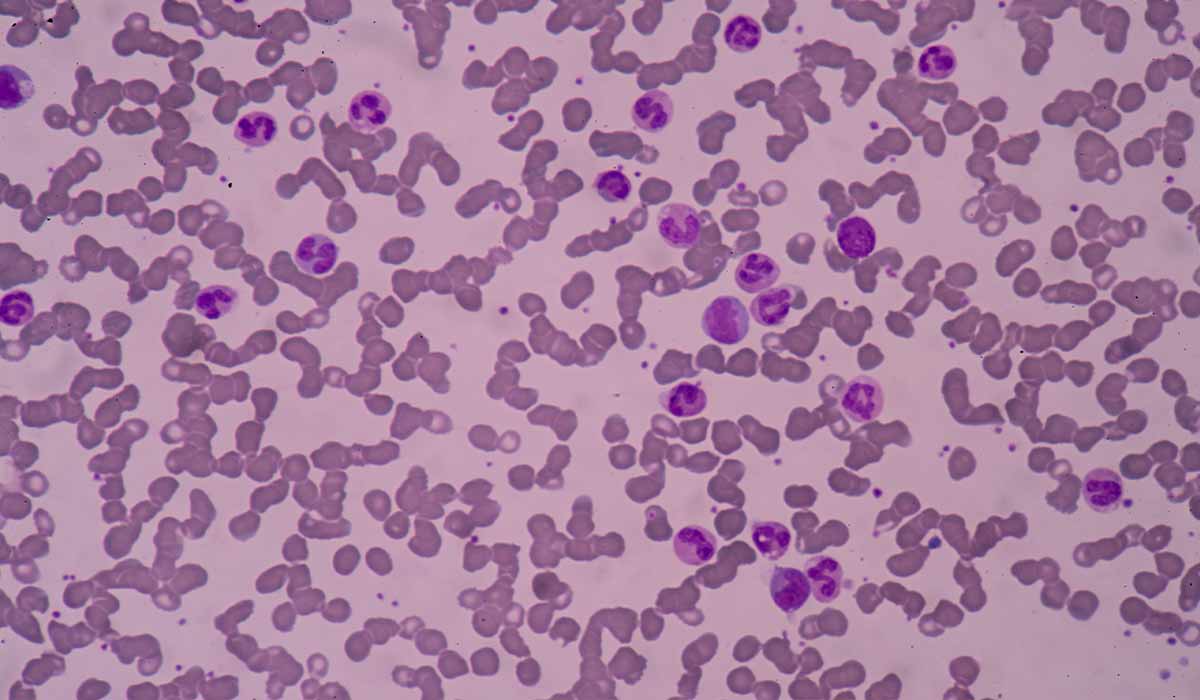
Leukocytosis is a condition in which the upper norm for white blood cells is exceeded. What are its symptoms and… read more »
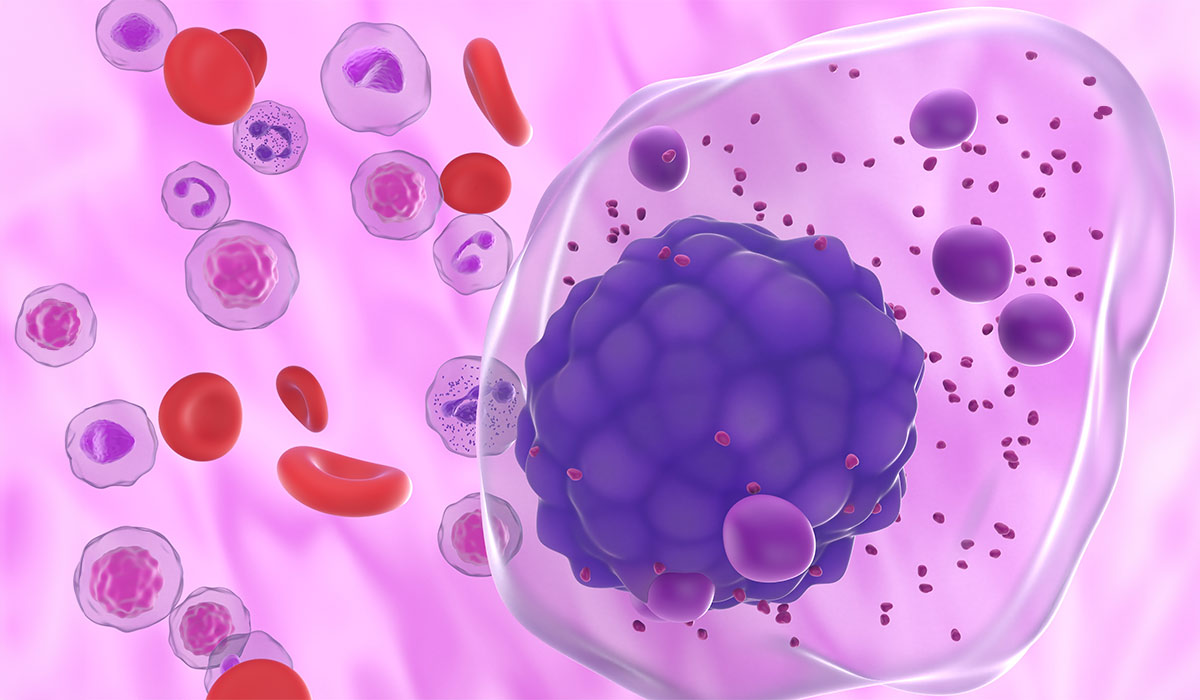
Multiple myeloma is a type of bone marrow and blood cancer. Its main symptoms are bone pain, kidney problems, anemia,… read more »
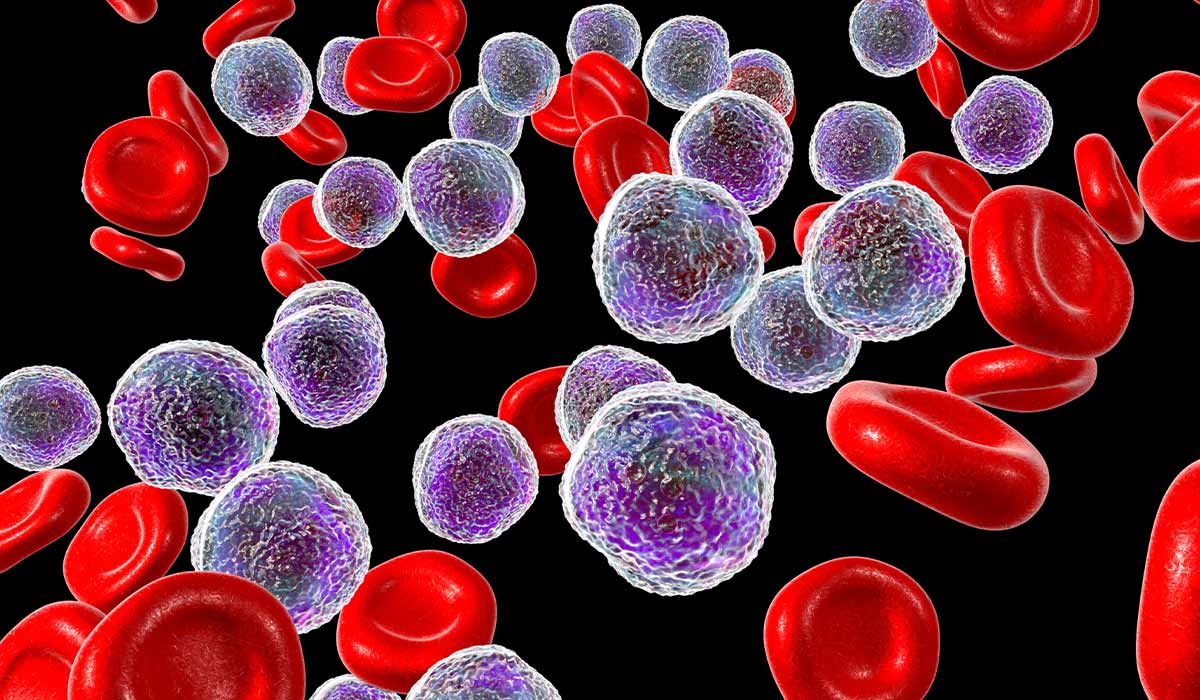
Leukemias are cancer diseases of the hematopoietic system in which cancer cells are found in the blood and bone marrow.… read more »
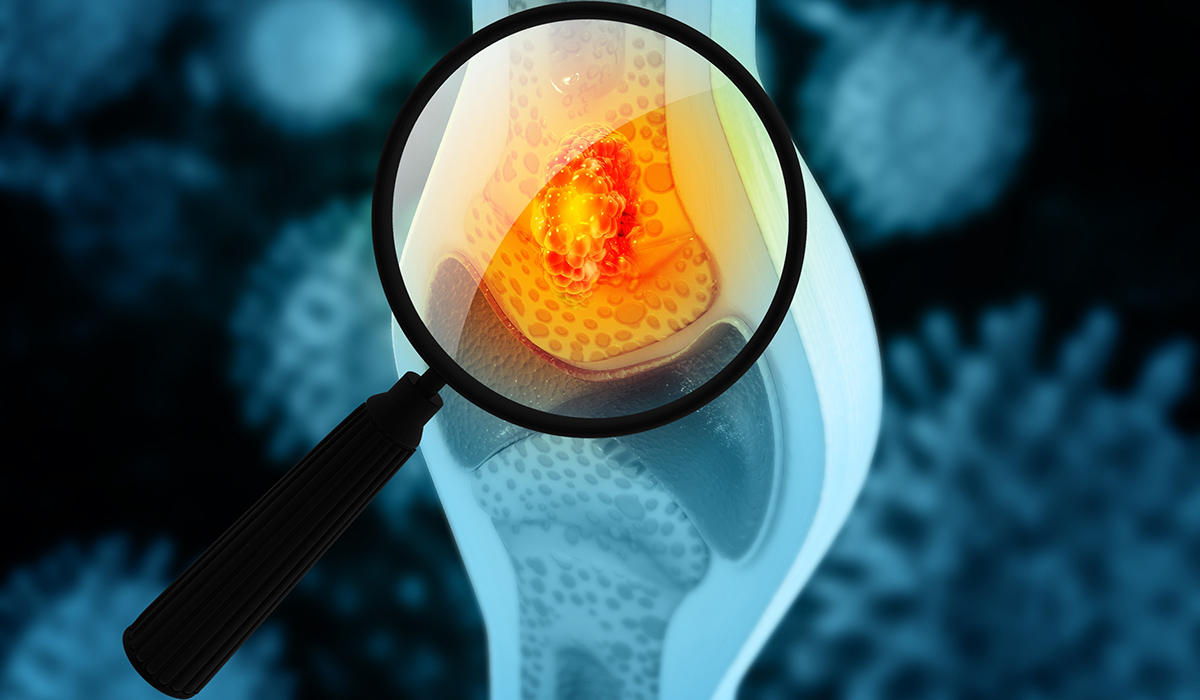
Bone cancer is a disease in which cancerous lesions develop in bone tissue. It can be primary or a result… read more »

Anemia is when the body does not have enough red blood cells (erythrocytes) to deliver enough oxygen to the tissues.… read more »
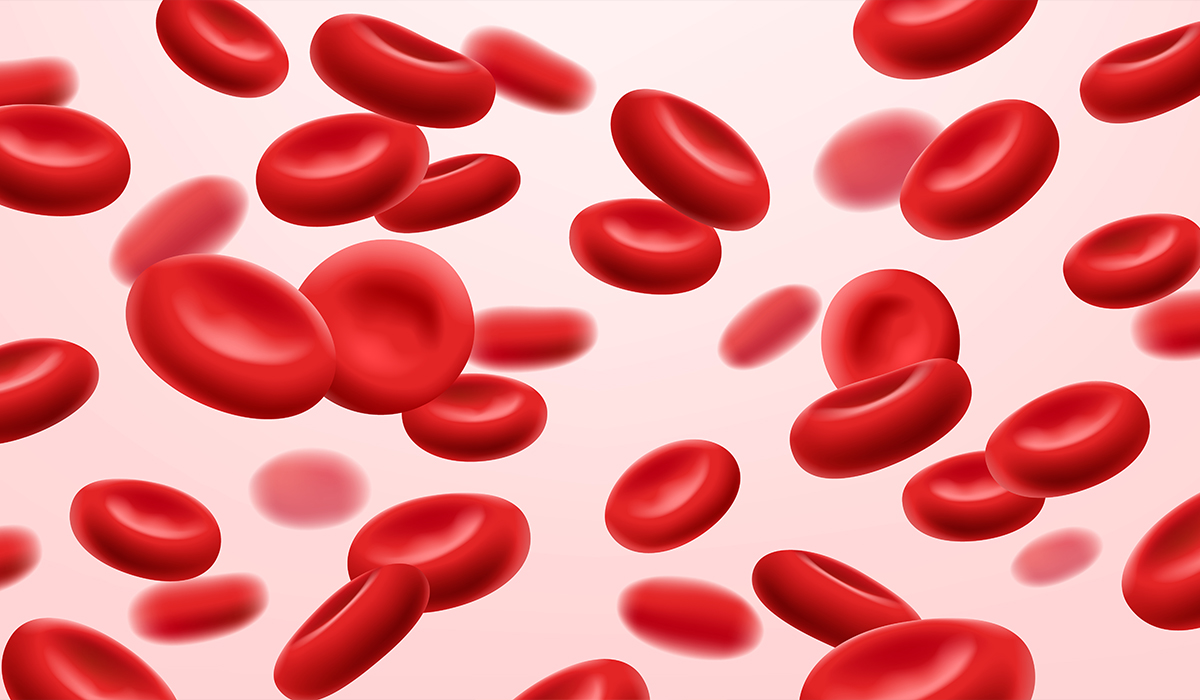
Hemoglobin is an important part of the blood. Its deficiency as well as excess negatively affects health. Learn about the… read more »
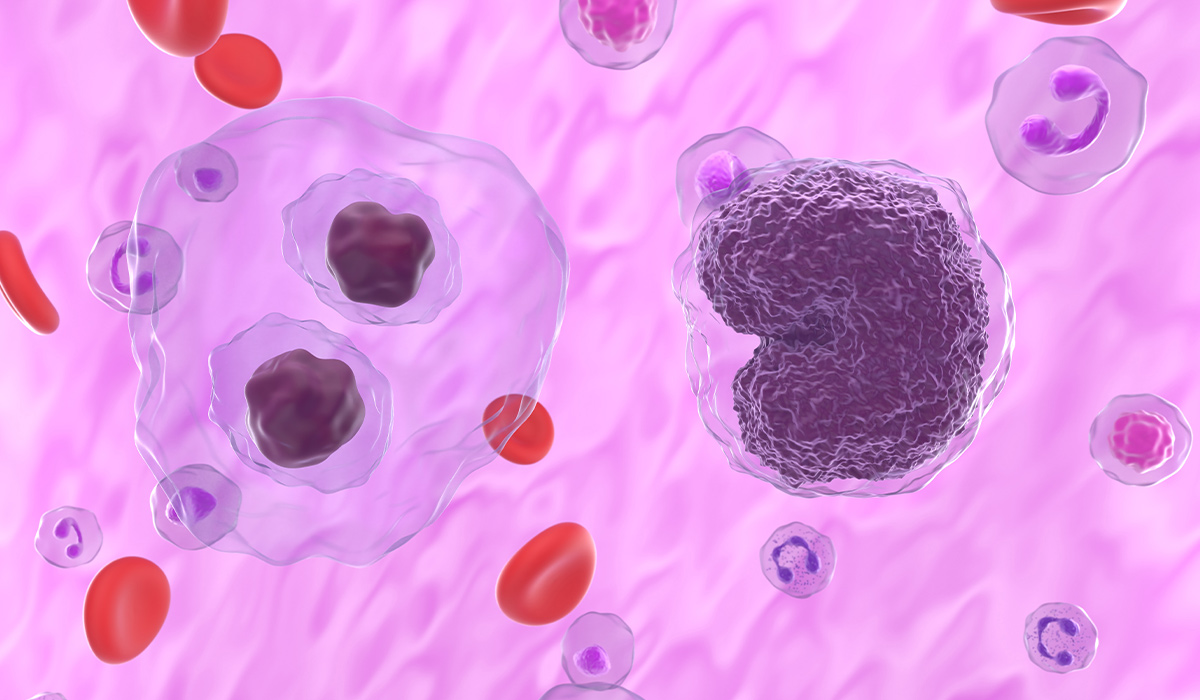
Lymphoma is a cancer of the lymphatic system. It is formed from lymphocytes – white blood cells. What are the… read more »